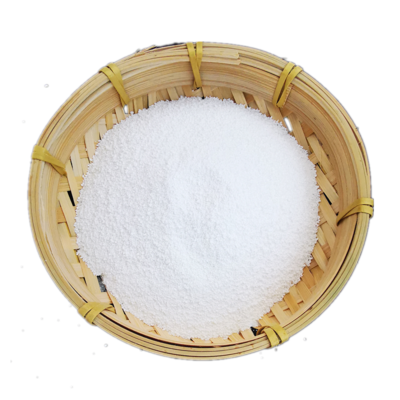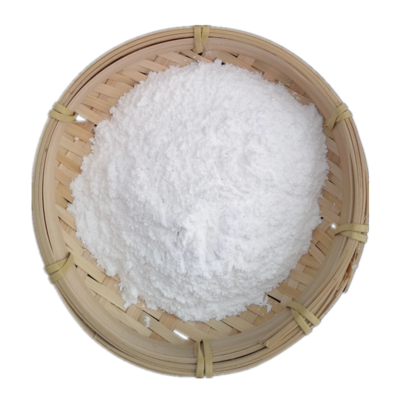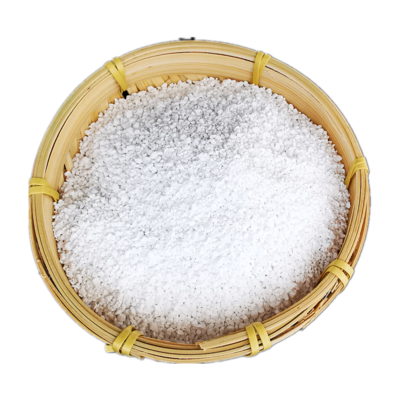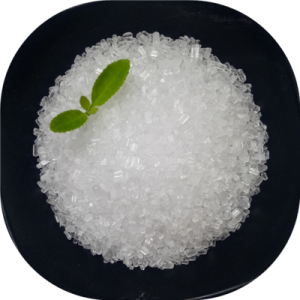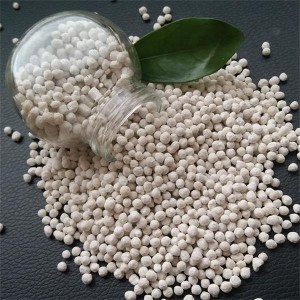Magnesium Sulfate Anhydrous
1. Historical significance:
Anhydrous magnesium sulfate has a rich historical background. Its discovery can be traced back to a small town called Epsom in England in the 17th century. It was during this time that a farmer noticed the bitter taste of the natural spring water. Further investigation revealed that the water contained a high concentration of anhydrous magnesium sulfate. Recognizing its potential, people began to use it for various purposes, mainly medicinal and therapeutic.
2. Medicinal properties:
Anhydrous Magnesium Sulfate has been prized throughout history for its exceptional medicinal properties. It is often used as a natural remedy to relieve muscle pain, reduce inflammation, and soothe skin conditions such as eczema. This compound has the special ability to calm the nervous system, promote relaxation and aid sleep. Additionally, it acts as a laxative, relieving constipation and improving digestion. The beneficial effects of anhydrous magnesium sulfate on human health have made it a popular compound in the field of alternative medicine.
| Magnesium Sulfate Anhydrous | |
| Main content%≥ | 98 |
| MgSO4%≥ | 98 |
| MgO%≥ | 32.6 |
| Mg%≥ | 19.6 |
| Chloride%≤ | 0.014 |
| Fe%≤ | 0.0015 |
| As%≤ | 0.0002 |
| Heavy metal%≤ | 0.0008 |
| PH | 5-9 |
| Size | 8-20mesh |
| 20-80mesh | |
| 80-120mesh | |

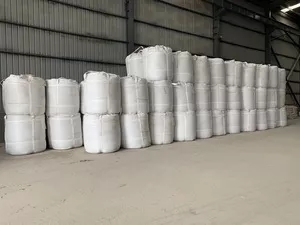
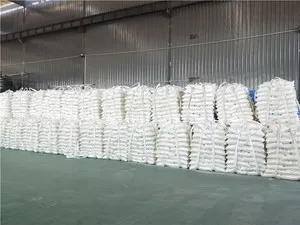
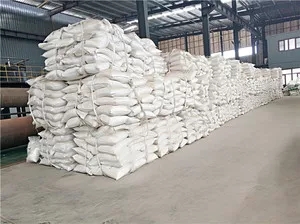
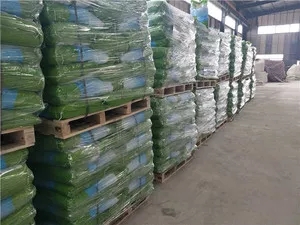
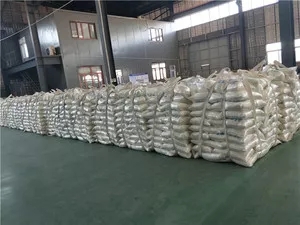
3. Beauty and personal care:
The cosmetic industry has also recognized the amazing benefits of anhydrous magnesium sulfate. In addition to its versatility, this compound has proven to be an excellent ingredient in beauty and personal care products. It acts as a natural exfoliant to remove dead skin cells, leaving skin smooth and revitalized. Additionally, the compound can regulate oil production, which is great for those with oily or acne-prone skin. It is also found in hair care products as it promotes hair growth and fights dandruff.
4. Agricultural benefits:
Besides its applications in healthcare and beauty, anhydrous magnesium sulfate plays a vital role in agriculture as a fertilizer. It effectively enriches the soil with essential nutrients, thereby improving crop yields and plant health. Magnesium is a key element required for photosynthesis and chlorophyll production, and is essential for plant growth and development. In addition, it helps absorb other important nutrients such as nitrogen and phosphorus, ensuring optimal growing conditions for plants.
5. Industrial use:
Anhydrous magnesium sulfate is not limited to personal care and healthcare; it also finds its place in a variety of industrial applications. It is widely used in the production of laundry detergent to reduce the hardness of water and improve cleaning efficiency. The compound is also used in textile manufacturing to help dye fabrics evenly and enhance color retention. In addition, it is an important component in refractory materials, cement production, and even chemical synthesis.
In conclusion:
Anhydrous Magnesium Sulfate has proven its importance in various fields with its fascinating properties and versatility. From its historical value to modern applications, this compound has demonstrated its great potential in advancing human health, beauty, agriculture and industry. As our knowledge and understanding of this particular compound continues to grow, so do the opportunities to harness its benefits for the benefit of society.

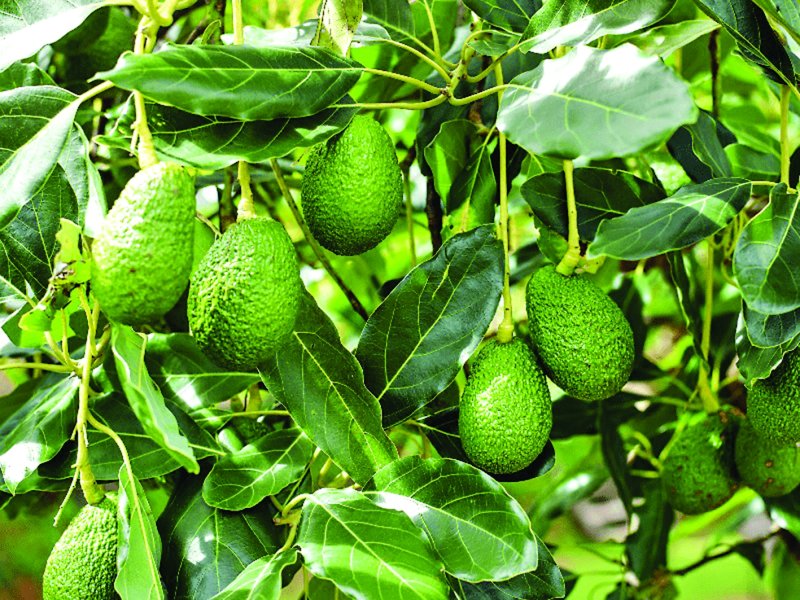

1. What is anhydrous magnesium sulfate?
Anhydrous magnesium sulfate is a white crystalline powder commonly used in various industries. It is also known as anhydrous Epsom salt or magnesium sulfate heptahydrate.
2. What are the uses of anhydrous magnesium sulfate?
It can be used in industries such as agriculture, food and beverage, pharmaceutical, cosmetics and bath products. It is used as a fertilizer, desiccant, laxative, ingredient in Epsom salts, and in the production of various medicines.
3. How is anhydrous magnesium sulfate used in agriculture?
As a fertilizer, anhydrous magnesium sulfate provides essential nutrients to plants, promoting their growth and overall health. It is used to replenish magnesium levels in the soil, aids in the production of chlorophyll and improves the photosynthetic process.
4. Is anhydrous magnesium sulfate safe for human consumption?
This compound is generally safe for human consumption when used in recommended doses. However, it should not be taken in excess as it may have a laxative effect.
5. Can anhydrous magnesium sulfate be used as a desiccant?
Yes, this compound has excellent drying properties and is often used in laboratories and industry to remove moisture from various substances.
6. What are the benefits of using anhydrous magnesium sulfate in bath products?
When added to bath water, it can help soothe sore muscles, reduce inflammation, relieve stress and soften skin. It is commonly used in bath salts, bath bombs, and foot soaks.
7. How does anhydrous magnesium sulfate work as a laxative?
When taken orally, it draws water into the intestines, facilitating bowel movements, making it an effective laxative.
8. Can anhydrous magnesium sulfate be used as a cosmetic ingredient?
Yes, it is commonly used in various cosmetic products such as cleansers, toners, lotions and creams. It helps improve skin texture, reduce acne and promote healthy skin.
9. Is anhydrous magnesium sulfate soluble in water?
Yes, it is extremely water soluble which makes it convenient for use in various applications.
10. How is anhydrous magnesium sulfate produced?
It is produced by combining magnesium oxide (MgO) or magnesium hydroxide (Mg(OH)2) with sulfuric acid (H2SO4) and then dehydrating the resulting solution to remove the water, thereby forming anhydrous magnesium sulfate.
11. Can anhydrous magnesium sulfate be used to treat diseases?
Yes, it has multiple medical applications. It is used to prevent and treat magnesium deficiency, eclampsia in pregnant women, and as a drug to control seizures in some people with preeclampsia.
12. What are the side effects of anhydrous magnesium sulfate?
Excessive use can cause diarrhea, nausea, upset stomach, and in rare cases, allergic reactions. It is essential to follow the recommended dosage guidelines.
13. Is anhydrous magnesium sulfate toxic to the environment?
While it's relatively safe for humans, overuse in agriculture can lead to magnesium buildup in the soil, affecting overall balance and composition.
14. Can anhydrous magnesium sulfate be administered intravenously?
Yes, it can be given intravenously to treat magnesium deficiency, preeclampsia, and to stop seizures in people with eclampsia.
15. Are there any significant drug interactions with anhydrous magnesium sulfate?
Yes, it may interact with certain medications, such as antibiotics, diuretics, and muscle relaxants. It is very important to consult a healthcare professional before using it with other medications.
16. Can anhydrous magnesium sulfate relieve constipation?
Yes, it can be used as a mild laxative to relieve occasional constipation. However, it should not be used as a long-term solution without a doctor's advice.
17. Is it safe to use anhydrous magnesium sulfate during pregnancy?
It may be used during pregnancy under medical supervision to treat certain conditions, such as eclampsia. However, self-medication should be avoided and the guidance of a healthcare professional should be sought.
18. How to store anhydrous magnesium sulfate safely?
Store in a cool, dry place away from direct sunlight, moisture and incompatible substances. Suitably sealed packaging should be used to prevent moisture absorption.
19. Can anhydrous magnesium sulfate be used in veterinary medicine?
Yes, veterinarians may use this compound as a laxative in some animals and to manage specific conditions that require magnesium supplementation.
20. Is there any industrial use of anhydrous magnesium sulfate?
In addition to its applications in agriculture, this compound is used in the production of paper, textiles, fireproofing materials, and various industrial processes that require magnesium or desiccants.

